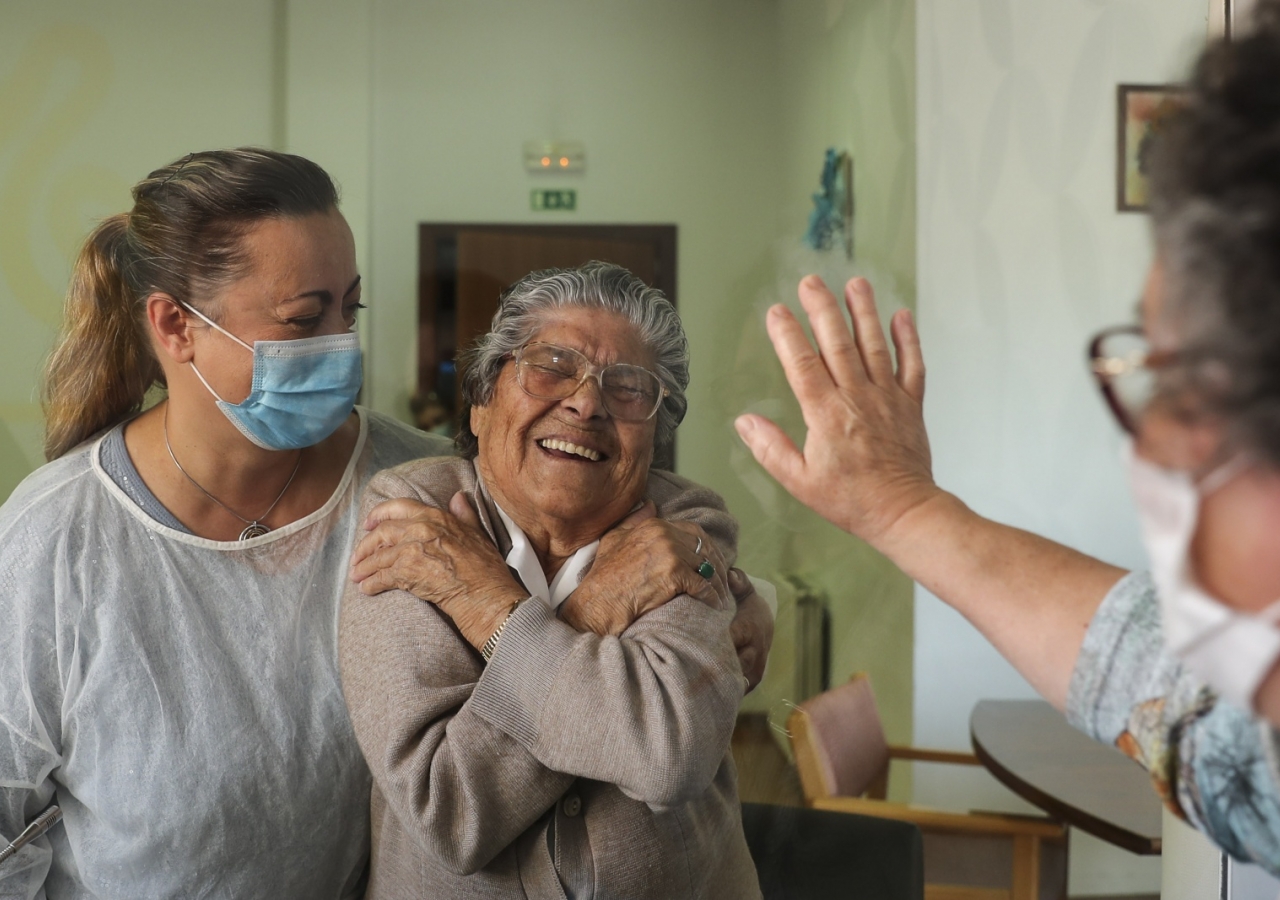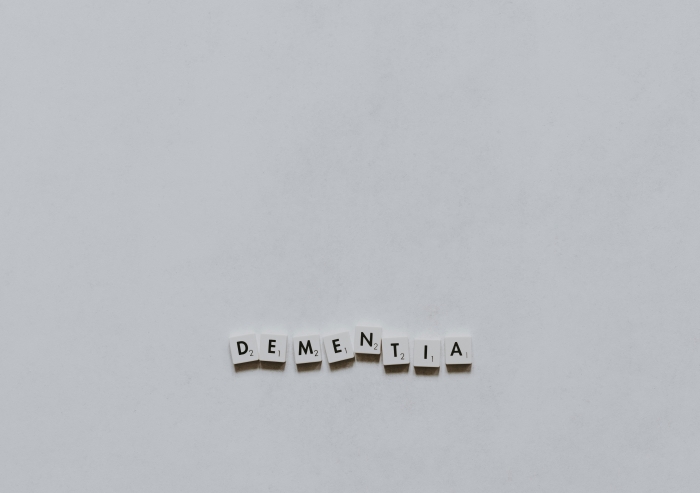We live in a society where the notion of family is culturally central. We need contact, affection and closeness.
As a risk group, seniors have been the focus of our attention in order to protect them. Following the preventive measures implemented, we witnessed periods of limited visits in health and support institutions for seniors and a reduction in social and even family contacts. These measures, although necessary and adequate, still have an impact on the lives of seniors, their families and their caregivers.
The concern with the isolation of seniors and their consequences has become even more evident in the current context and in this holiday season. Competent authorities have warned of several possible options, from videoconferencing meetings to the restriction of the number of contacts during the holidays, with quarantines, airing of spaces, along with the classic recommendations of wearing a mask, social distancing and hand hygiene.
Difficulties in accessing digital media for communication and online resources can also contribute to the harmful effects of isolation, as well as limiting access to resources that allow healthy lifestyles to be maintained.
We must, however, point out that many seniors, due to their life experience, are very resilient.
Maintaining physical and mental health in this very demanding phase implies following some recommendations in line with the guidelines of the World Health Organization, which can be useful.
Therefore, seniors must maintain regular medical monitoring and take the usual medication, seeking medical help whenever their health situation changes.
It is essential to preserve sleeping and daily routines, keeping yourself physically active and eating healthily.
Limiting exposure to news about the pandemic, using credible sources, maintaining regular social contacts through digital platforms or mobile phones, are other fundamental measures. It is essential to accept help from others.
Never forget: maintaining physical distance is not equivalent to social distance. Isolation does not have to be the equivalent of loneliness.
It is important to find ways to establish contact and maintain hope that the situation will improve.








